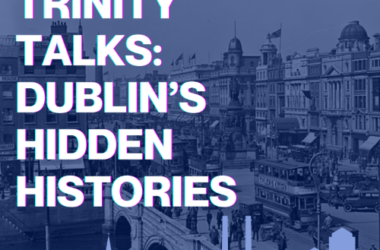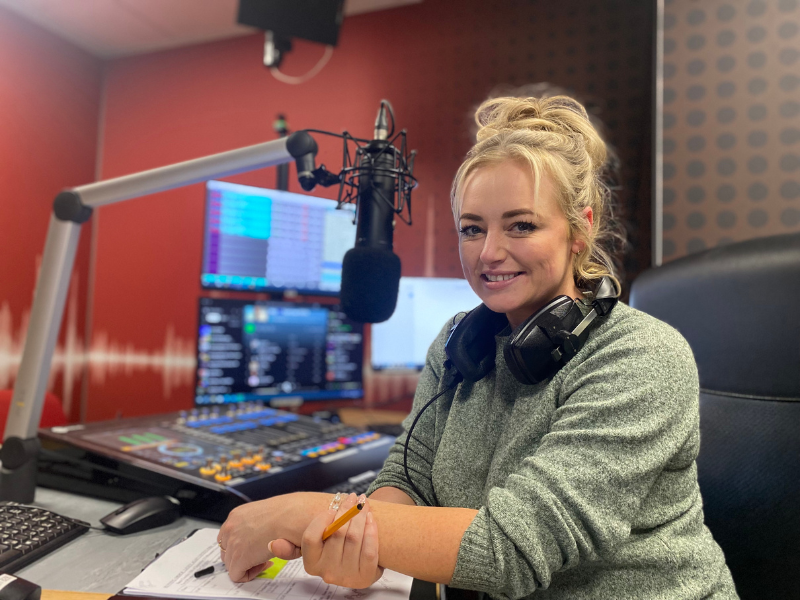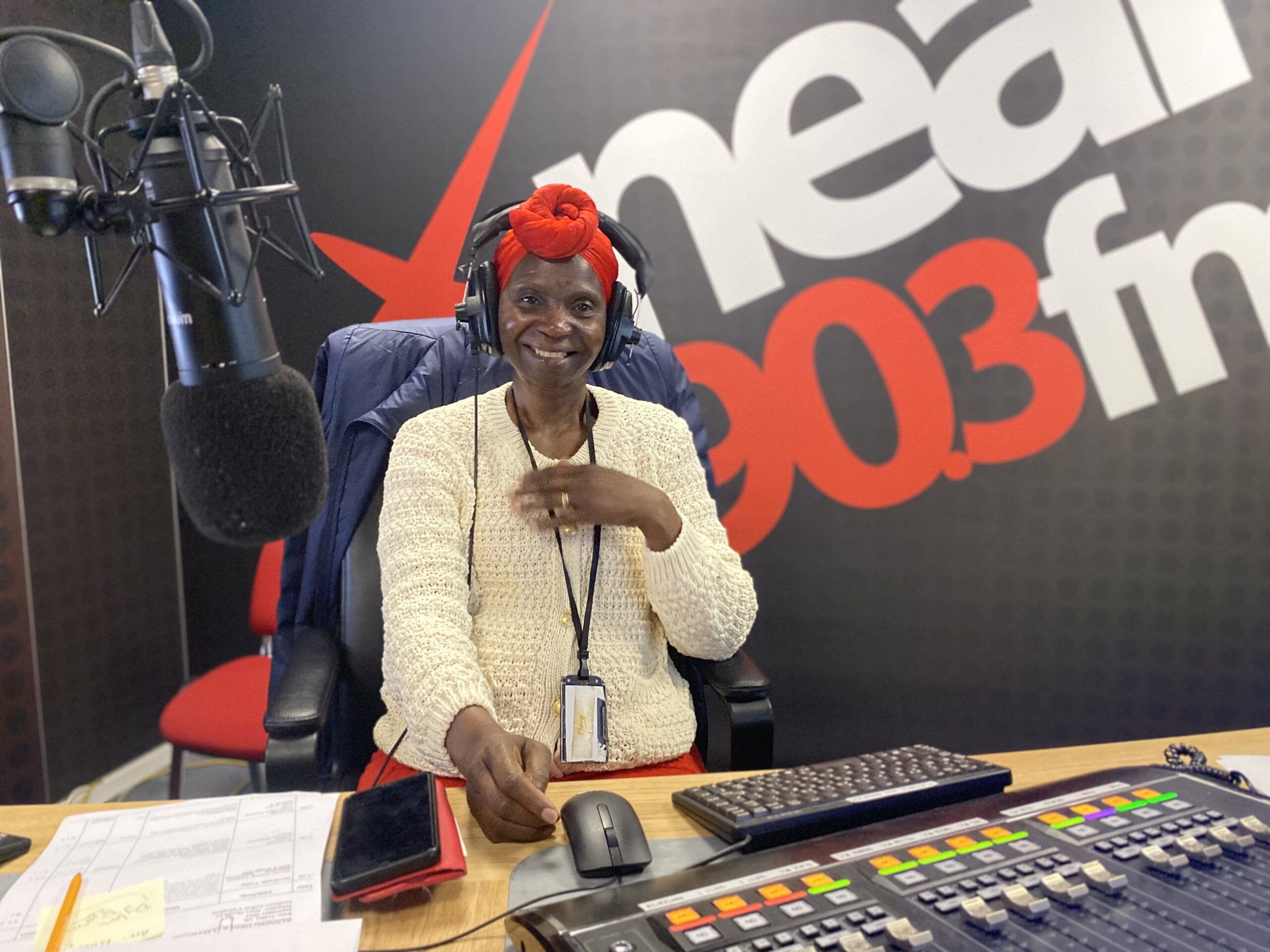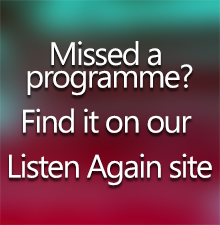 http://eng.smart.radiotraining.eu/
http://eng.smart.radiotraining.eu/
In 2013, six European community radio organisations got together to share their training knowledge and resources and offer them in the shape of an on-line resource to all other community radio trainers. The SMART project, funded by the Leonardo Transfer of Innovation fund, allowed the trainers to adapt and experience specific activities and methodologies for three target groups: vision impaired/blind participants, migrant women and trainees with learning difficulties. 
Community radio trainers face the challenge of facilitating high quality training in journalism and technical skills while at the same time responding to the expectations and needs of upcoming radio activists. At the core of the community radio movement is the duty to facilitate access to all individuals and groups in society. This is a very rewarding job, but not without difficulties. Some of those difficulties will span from a perceived lack of skills and knowledge when it comes to training specific groups. While, at the same time, the solutions can be found within the community radio sector, just by acting SMART.
http://eng.smart.radiotraining.eu/
SMART (acronym for Specific Methodologies And Resources for Radio Trainers) is a project that allowed community media training organisations in Austria, Basque Country, Germany, Hungary, Ireland and Switzerland to share, improve and adapt existing resources and activities. Also developing new ones along the way. This was for general training but also for three specific groups of trainees (vision impaired/blind, women migrants and individuals with learning difficulties). The goal was to offer them to other community radio trainers as an on-line resource.
Furthermore, SMART allows trainers to design workshops according to the number of participants, the theme or aim of the training and the facilities available. These materials are a compilation of resources in the six participant countries as well as of the broad experience of the trainers involved in the project. Activities and Methodologies were first tested among the partners and then pilot training courses were delivered and evaluated. The results are now available on the website.
For the adaptation of the materials to the specific groups, the SMART project drew from the experience of community radio trainers from those groups and new partnerships have been created at local and national level. In the case of Vision Impaired/Blind participants, SMART focused more on mobility issues, and adaptation of technology to suit their needs, as well as the use of audio resources to accompany the training sessions. For the Migrant Women, a safe space is essential for the development of gender awareness and empowerment processes, while the crosscutting theme throughout the training is the implementation of equality policies. Finally, the adaptation of the resources for the learning difficulties groups concerned the simplification of the content and the methodologies as well as the rhythm of the delivery.
This project has been a learning curve, not only for the participants of the pilot training, but much more for trainers. The SMART trainers have learnt from the participants, external trainers and each other. And the activities and methodologies now available on the online tool can be of benefit when used and adapted by trainers to other groups. So visit, test and use http://smart.radiotraining.eu/. Be SMART.
This project has been shortlisted for the Aontas STAR Awards.





